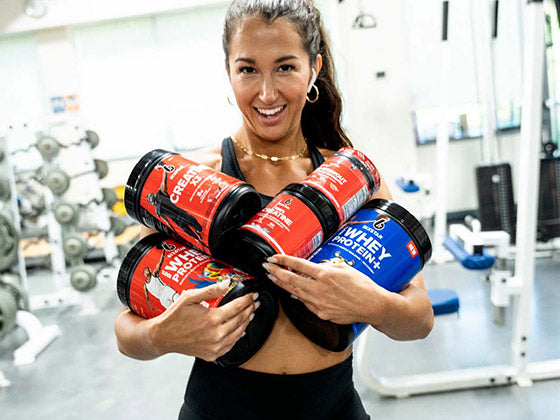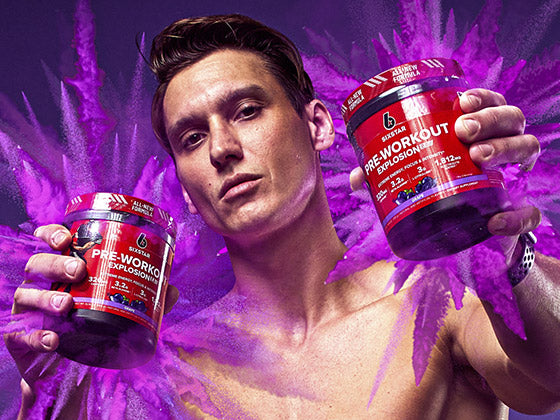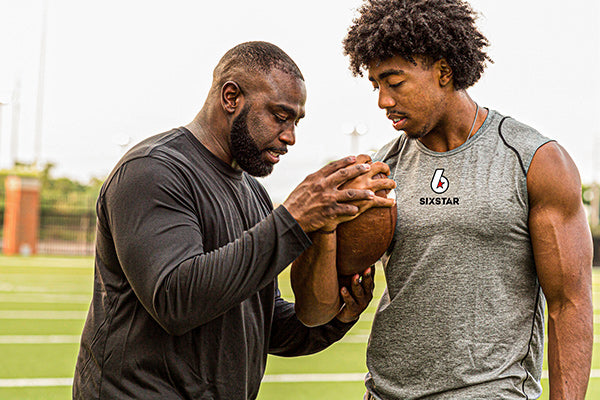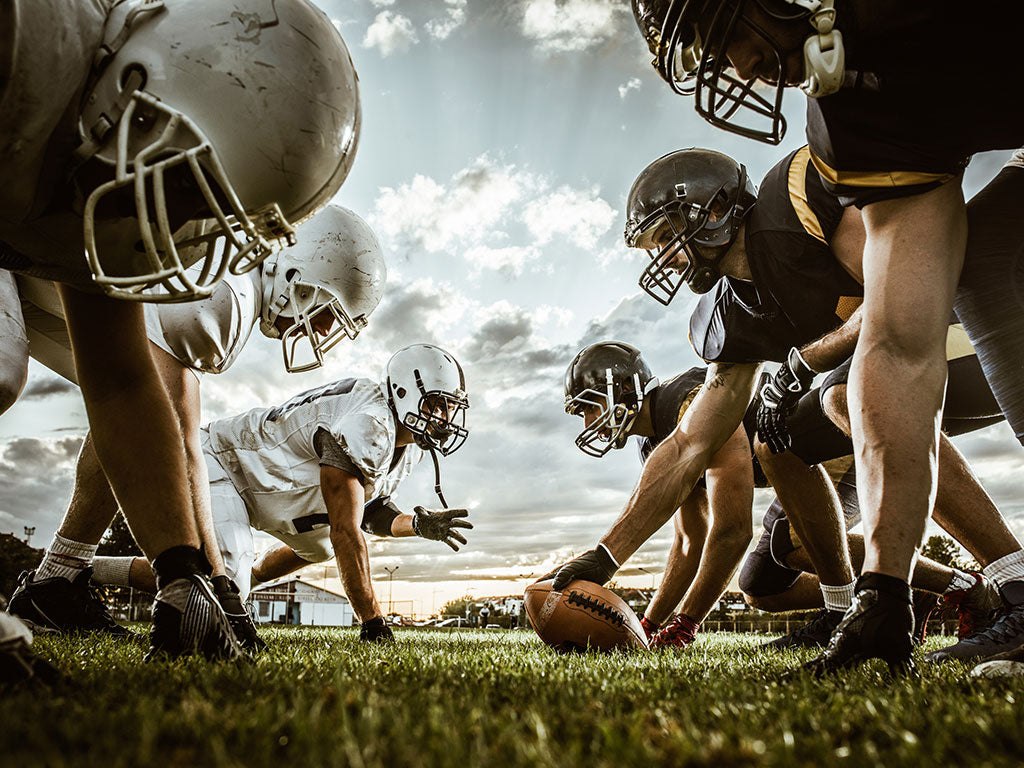Soccer is one of the most demanding sports in the world because of the speed, endurance, strength, agility and skill required to play the game at a high level.
Unlike many team sports, soccer players sometimes play the entire 45 minutes of each half without a substitution. On average, soccer players cover 7 miles per game depending on their position, with midfielders running more, and strikers and defenders running less. Players sprint about 1,400 yards per game in bursts of 10 to 40 yards. They change direction every 5 to 6 seconds and have an average heart rate of 150 to 170 beats per minute.
“Soccer players need to be able to create intense but short bursts of speed, quickly change direction and conduct skillful actions while moving at high speeds,” says Joe English, national advisory coach to the Team In Training program, marathon and ultra-marathon running trainer, and editor of Running Advice and News, to CBS News.
During a 90-minute game, the average player can burn as many as 1,500 to 2,000 calories, and a study from Holland found that elite male soccer players expended about 3,400 calories a day on average.
“The most important thing for soccer players is making sure you are giving your body the fuel it needs to work every single day at high intensity levels,” according to The Ultimate Guide To Soccer Nutrition. “The recommended number of calories a soccer player should be eating is 22-24 calories per pound of body weight. So, for most college players, this will put you in the range of 3,500 to 4,000 calories a day. If you want to maintain or gain weight, get prepared to eat. A lot.”
SOCCER DIET
“There are many reasons why serious athletes or athletes looking to improve fitness and overall performance in the given sport should start with nutrition,” according to the “Soccer Nutrition: What Should A Soccer Player Diet Look Like?” for JM Nutrition.
JM Nutrition says that an improved diet for an athlete can result in increased stamina, improved endurance, more energy, greater power, increased strength, reduced risk of injury, better recovery and muscle repair, a sharper brain, heightened concentration, better sleep, and an improved mood and attitude.
“I always tell players to focus on carbs, and to eat a lot more fruits and vegetables,” says Alice Richer, a team nutritionist and consultant dietician for a professional soccer team, in a Men’s Journal article. “Most of a soccer player’s daily calories need to come from carb sources that provide energy so they don’t get fatigued on the field. It’s just as important to have protein, but not to overdo it – young men tend to think protein is the most important thing. Yes, it is important – but you can load too much on that, so I try to teach them to mix it up.”
CARBOHYDRATES
Foods such as rice, pasta and bread are all good options packed with carbohydrates. Fruits such as apples, bananas and oranges are also recommended, some even making a good halftime snack option.
Apples are high in vitamin C, fiber and antioxidants; bananas are a solid source of potassium (an important mineral and electrolyte); and oranges are high in vitamin C, which can potentially reduce inflammation, which is important for athletes.
PROTEINS
UW Health recommends choosing healthy sources of protein such as chicken, turkey, fish, peanut butter, eggs, nuts and legumes.
“Eggs are an excellent source of protein,” according to “Foods All Soccer Players Should Be Eating” for STACK. “Starting your morning with them will get you off on the right food. Although egg whites are an option, don’t fear the yolk. Egg yolks provide several valuable health benefits and additional protein.”
Buying lean or extra lean ground beef is another way to consume food that’s packed with protein, while also avoiding added fat.
FATS
“Fats are necessary for your body to function at its optimal potential,” according to The Ultimate Guide To Soccer Nutrition. “Your brain needs fats to function, along with fats being a necessary precursor to hormones that control essential functions, such as blood pressure, inflammation, and blood clotting.”
The key is to consume “good fats,” which are monounsaturated fats like avocados, nuts (pistachios, almonds and walnuts) and olive oil, and to avoid the “bad fats” like saturated fats, trans-fatty acids and omega-6 cooking oils.
PROTEIN SUPPLEMENTS
An article published in the Journal of the International Society of Sports Nutrition says that carbohydrate and protein supplements can be both “useful and practical for players to enhance recovery during periods of fixture congestion.”
100% WHEY PROTEIN PLUS
Packed with scientifically researched key ingredients that build more muscle and increase strength, this formula has 64g of protein per 2 scoops. 100% Whey Protein Plus includes fully dosed servings of BCAAs, glutamine, and creatine for amplified performance and recovery.
CREATINE
The Journal of the International Society of Sports Nutrition article says that it has been reported that muscle glycogen resynthesis can be enhanced following creatine loading.
“Practically, creatine can be added to the post-match and post-training recovery drink and it may prove beneficial in optimizing refueling strategies especially during congested fixture schedules,” according to the article
SOCCER MEAL PLAN
The Collegiate and Professional Sports Dietitians Association (CPSDA) says that in order to properly fuel the body, a student-athlete should focus on six fueling times – before morning training, post-workout, breakfast, lunch, pre-practice and dinner.
The CPSDA “Nutrition For The Soccer Student-Athlete” recommended meal plan is:
Snack Before Morning Training: A slice of wheat bread and peanut butter.
Post-Workout: A recovery drink such as low-fat chocolate milk and a banana.
Breakfast: Two scrambled eggs; 3/4 cup of oatmeal with cinnamon, berries and walnuts; or Greek yogurt with granola.
Lunch: A deli meat sandwich on wheat bread, pretzels, fruit and yogurt, and a 20-ounce sports drink.
Pre-Practice Snack: Trail mix, banana and a sports drink.
Dinner: Lean protein, nutrient-dense carbohydrate (whole grains, vegetables and fruits) and low-fat dairy.
The CPSDA also says that hydration is another vital aspect of nutrition that soccer players must pay attention to. They remind athletes to drink water and a sports drink before, during and after practice, so you’ll train your body to do the same for competitions.
“Remember, proper nutrition for the ‘big tournament/race/meet’ does not happen on the day of the event alone,” according to UW Health. “It happens the days, weeks, a




